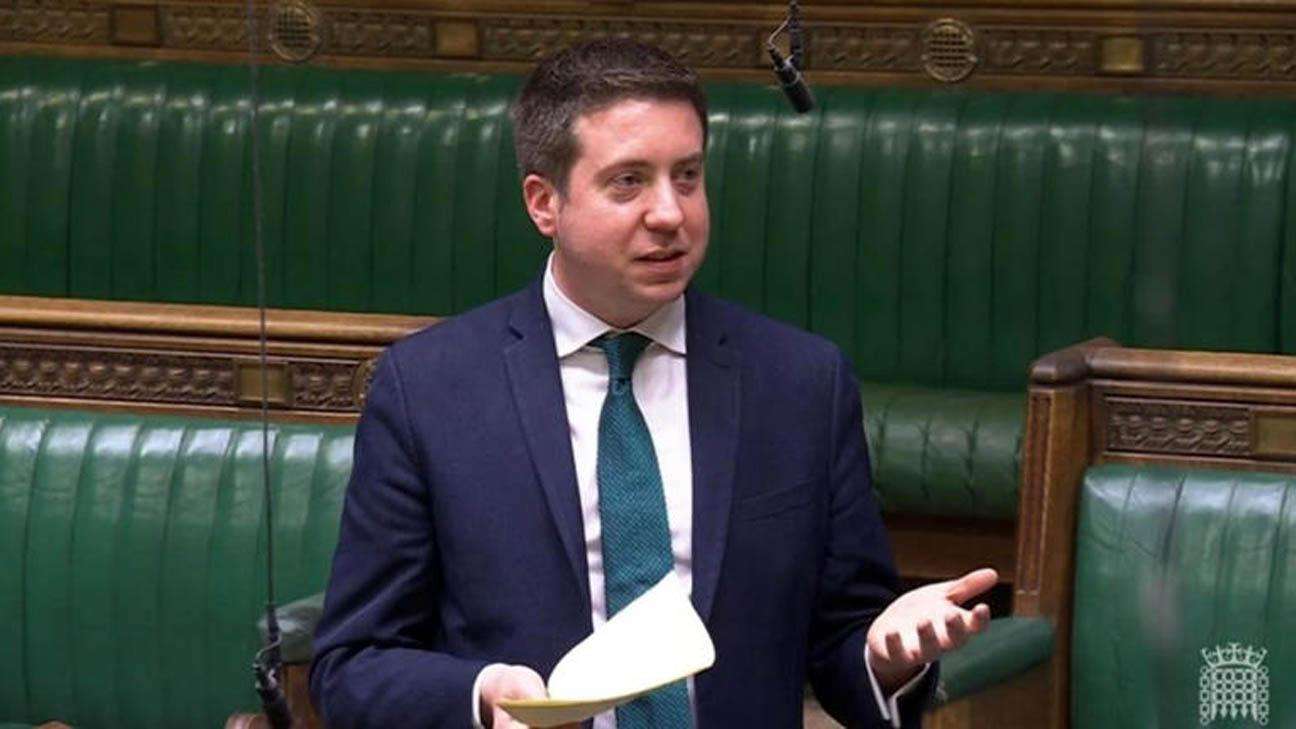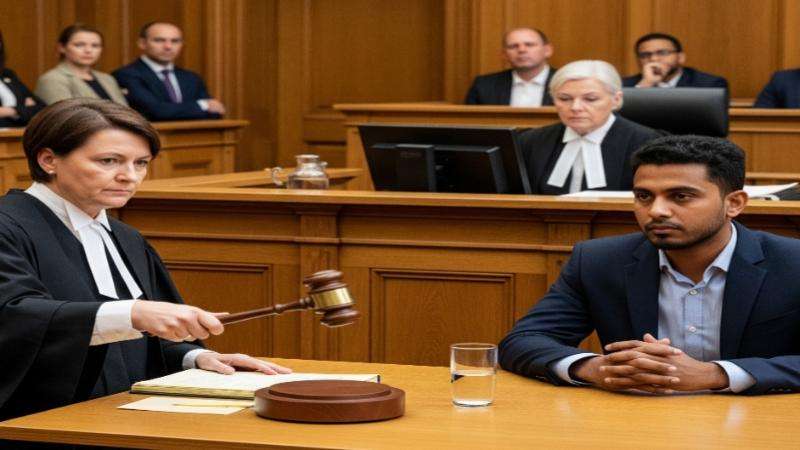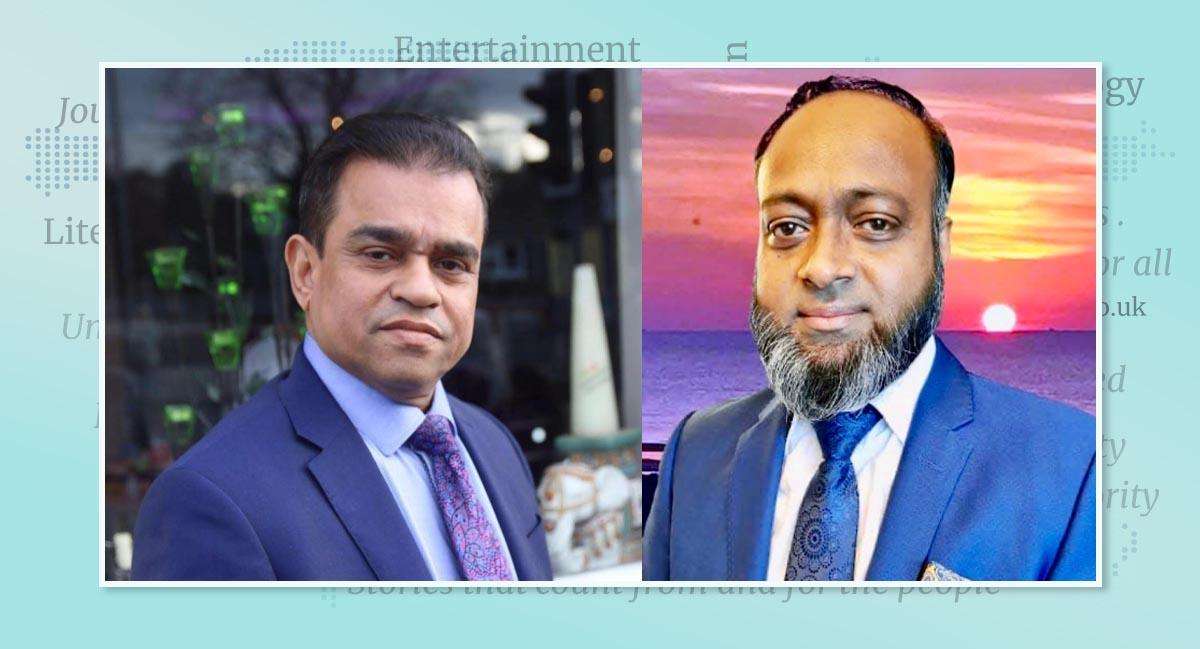In a significant legal development, an Upper Tribunal judge has fiercely criticized an earlier asylum decision, granting a Bangladeshi national permission to appeal a ruling that rejected his claim based on "fabricated homosexuality." The judge's decision underscores the critical importance of a thorough and fair consideration of all evidence, particularly from direct witnesses, in asylum cases.
The 40-year-old man, identified as SD for legal reasons, arrived in the UK on a student visa in 2018 and sought asylum in 2022, citing a genuine fear of persecution in Bangladesh due to his homosexuality. His initial claim was dismissed in October 2023, a decision upheld by a First-tier Tribunal in Newcastle in November 2024. The Newcastle judge had explicitly stated SD was "not a homosexual man" and suggested he had mimicked "close associates" who had reportedly gained asylum on similar grounds.
However, in a decision published recently, Upper Tribunal Judge Christopher John Hanson delivered a scathing critique of the original judgment. Judge Hanson found a "material omission": the complete disregard of evidence from SD's romantic partner. "(His partner) is someone who gave direct evidence of the relationship he is involved in with the appellant and who has direct knowledge of the appellant's sexuality," Judge Hanson wrote. He added that the initial judge failed to "refer to the evidence of that witness or indicate what weight was given to that evidence."
Moreover, Judge Hanson determined that crucial supporting accounts from fellow members of the local LGBTQ+ community were "unfairly mischaracterised" during the initial proceedings. The First-tier Tribunal judge had claimed these witnesses could "at best only say that the appellant has told them that he is a homosexual man and said he had a partner." Judge Hanson directly refuted this, stating, "That was not their evidence. They confirmed that they attended the informal wedding ceremony for the appellant and his partner... They were also aware that the appellant identifies himself as a gay man within the LGBTQ community." He concluded that it was a "complete and unfair characterisation of their evidence to suggest that they can at best only say what they have been told, when they have clearly all met the appellant and his partner personally and witnessed the appellant and his partner being active in the LGBTQ community."
This oversight, according to Judge Hanson, constituted "an issue of fairness as a core part of the evidence was not properly factored into the decision-making process." As a result, the case has been returned to the First-tier Tribunal for a new hearing by a different judge, providing SD with a fresh chance to present his claim.
The Perilous Journey for Bangladeshi LGBTQ+ Asylum Seekers in the UK:
SD's case highlights the significant challenges and intense scrutiny faced by asylum seekers in the UK, particularly those fleeing persecution based on sexual orientation. In Bangladesh, homosexuality remains criminalized under Section 377 of the Penal Code, a colonial-era law carrying severe penalties, including potential life imprisonment. Beyond legal repercussions, deeply conservative societal and religious norms foster pervasive stigma, discrimination, and a stark absence of legal protections for LGBTQ+ individuals. Reports indicate a concerning rise in extremist rhetoric targeting homosexuals, coupled with a lack of governmental protection or support for the LGBTQ+ community, often forcing individuals to conceal their identity or seek refuge abroad.
Latest UK Asylum Landscape (as of early to mid-2025 data):
Overall Applications Surge: In 2024, the UK recorded a new high of 84,200 asylum applications, encompassing 108,100 individuals (including dependants). This represents an 18% increase from 2023, marking the highest annual figure ever recorded.
Refusal Rates: In 2024, 53% of initial asylum applications were refused. While this rate fluctuates, it was as low as 24% in 2022 and as high as 88% in 2004.
Growing Backlog: As of June 2024, the "work in progress" asylum caseload stood at 224,700 cases. Of these, 88,000 cases awaited initial decisions, and 138,000 cases had received an initial refusal and were awaiting further action. The overall asylum caseload has quadrupled since 2014, driven by longer waiting times for decisions and an increase in individuals facing removal action after negative decisions.
Appeals Process: Approximately one-third of applications lodged in 2023 with a known outcome by June 2024 were initially refused, with a portion of these proceeding to appeal. The appeal process, from submission to hearing, can take anywhere from 6 to 12 months or even longer.
Bangladeshi Asylum Trends: The number of Bangladeshi citizens seeking refuge globally has been on an upward trajectory from 2020 to 2024. In 2024 alone, 28,473 Bangladeshis were registered as refugees with the UNHCR, and 108,131 sought political asylum worldwide. While specific UK statistics for Bangladeshi asylum seekers based on sexual orientation are not disaggregated, Asia remains the most common origin region for UK asylum seekers, with Pakistani and Afghan nationals often topping the list.
LGBTQ+ Asylum Claims: In 2022, there were 1,024 initial decisions on LGB asylum applications (main applicants), with a grant rate of 72%. This rate represents a significant increase from 44% in 2019 and aligns with the overall asylum grant rate. Despite improved initial success rates, appeals remain crucial for many LGBTQ+ asylum seekers, as less than half (41%) of LGB-related appeals determined in 2021 were allowed. Common issues include Home Office decision-makers questioning credibility due to delayed claims or mischaracterizing evidence, as vividly demonstrated in SD's case.
SD's ongoing legal battle serves as a stark reminder of the complex and often arduous journey faced by those seeking protection in the UK, underscoring the critical need for fair and comprehensive evaluation of all evidence in complex asylum claims.








.svg)


.jpg)